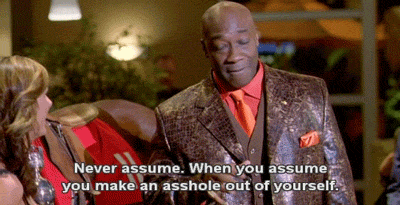Anthropomorphism and How Animal Rights Activists are Born
As Josh Clark puts it: "Anthropomorphizing is the point at which human curiosity meets human laziness."
This was originally written for my defunct blog Flippers & Feathers back in 2017. It is being reposted here with a few minor changes. The original post can be seen here.
While observing the critically endangered Sumatran Tigers at the Toronto Zoo (reviewed here), I heard about a half dozen visitors independently exclaim how “It’s sad that the tigers are by themselves,” and how they must feel “lonely”.
This is anthropomorphism, or the attribution of human characteristics or behavior to something non-human. As Josh Clark puts it: “Anthropomorphizing is the point at which human curiosity meets human laziness…It’s a lot easier to explain a prancing goat as being ‘happy’ than it is to study the behavior further and determine that the dance is part of a mating ritual.”
Basically, the speakers felt that they would be lonely if they lived by themselves, and so the tigers must surely be lonely too.
The problem is, this is how zoo-hating animal rights activists are born. The uneducated act on sudden emotion, and scream “foul!” or “abuse!” as they assume the animals are not being properly cared for because they, personally, don’t like (or more accurately, don’t understand) what they see.
The reality is that tigers are naturally territorial and solitary creatures, generally only coming together during the mating season. And even then, this can still lead to one animal mauling another. While there are exceptions, it is not uncommon for zoos to keep their tigers apart except for the purposes of mating (often as part of a species protection program), and even that isn’t always foolproof.
Animal behaviour is complex, and what works for one species doesn’t necessarily work for another. Even individuals within a population may exhibit traits which may seem “abnormal”, but are in fact normal to that individual.
The average zoo visitor averages less than 1 minute at each exhibit, while the animals’ carers dedicate their lives towards the animals’ wellbeing. The keys are education, observation, and more education (no, reading The Dodo doesn’t count). To assume the worst could harm the animals themselves, and even set back conservation efforts.
If you have questions or concerns, the zookeepers, volunteers, or even other zoo staff will most likely be happy to answer them — after all, they arguably know the individual animals best.





